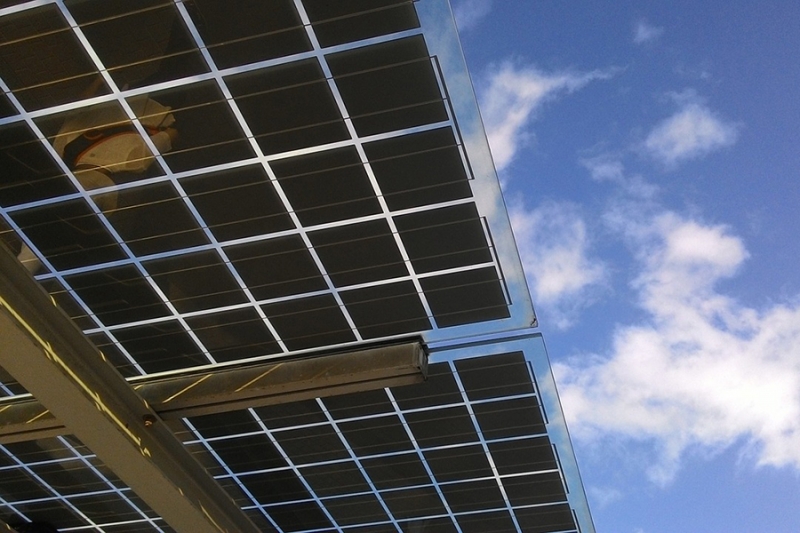Solar Energy Farming offers a highly innovative and triple-win NEXUS approach which links water security, energy security, and food security.
Water Security
- Solar farming reduces groundwater abstraction, thus saving the country`s strategic water reserve for future generations.
Energy Security
- Solar farming reduces Jordan's heavy dependence on imported fossil fuel and gas and therefore lowers expenditure of foreign currency for fuel and gas import to their land.
The solution saves vital groundwater resources for future generations by applying an economically lucrative and environmentally sustainable climate change adaptation measure, i.e. solar energy farming (photovoltaic). Farmers install solar panels on their lands that prevents further expansion of irrigated agriculture, thus reducing groundwater abstraction.
The solar energy farming diversifies farmers` income and generates a 10-fold potential increase in net earnings as compared to irrigated agriculture. Moreover, solar energy farming leads to a greener economy as farmers shift from fossil fuel energy consumers (water pumping) to clean energy producers (photovoltaic).
Partners: GIZ regional programme u201cAdaptation to Climate Change in the Water Sector in the MENA Region (ACCWaM), the Ministry of Water and Irrigation of Jordan, the Ministry of Energy and Mineral Resources of Jordan, the Arab Ministerial Water Council (League of Arab States) - Arab Region (Scaling-up)
Contact details:
GIZ-Cairo Office
4 D, El-Gezira Street, 3rd Floor
11211 Zamalek, Cairo, Egypt
Adaptation to Climate Change in the Water Sector in the MENA Region (GIZ)
00962 65 65 92 06 (Jordan) | 00 20 120 22 77 811 (Egypt)
Dr. Bassam Hayek (GIZ) | Dr Gerhard Lichtenthaeler (GIZ)
Email: This email address is being protected from spambots. You need JavaScript enabled to view it., This email address is being protected from spambots. You need JavaScript enabled to view it.








